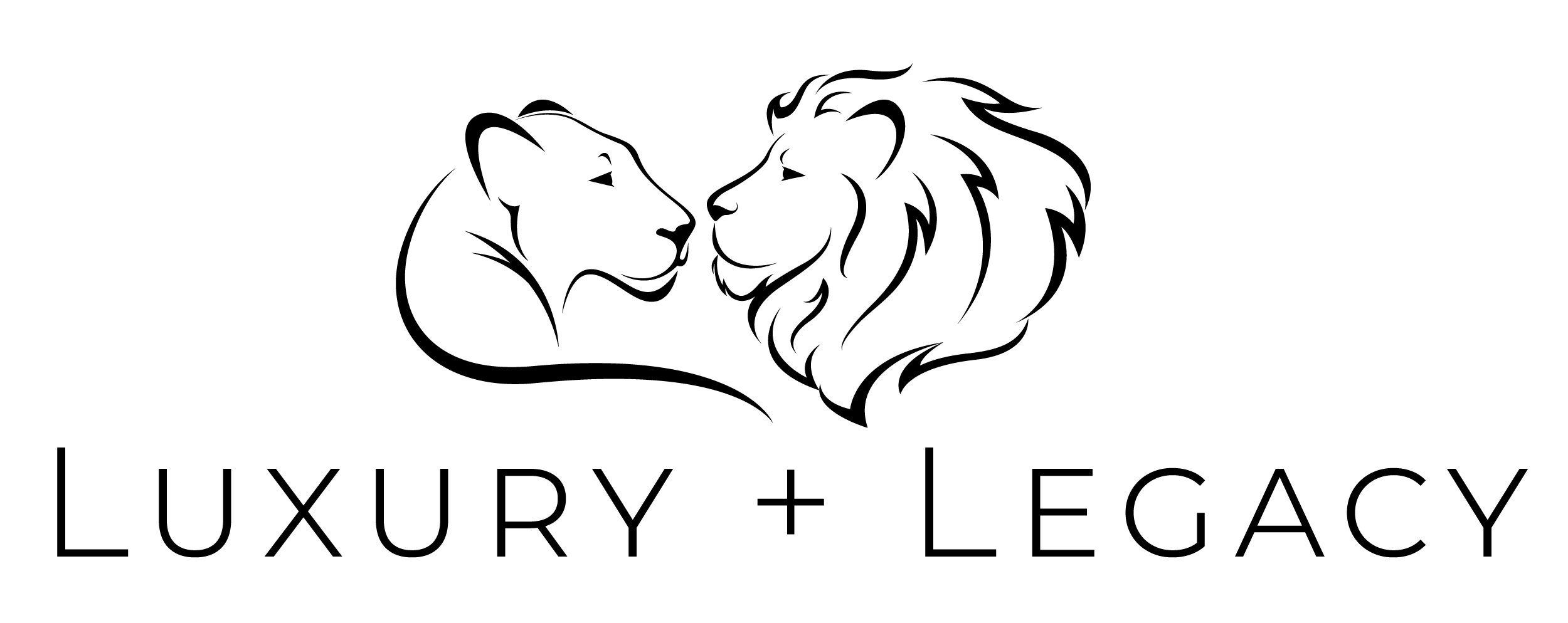
23 May Build A Legacy: The Essentials of Estate Planning
Would you believe that you are probably already an estate owner? Most people are, even if they do not recognize it. If you own a car, real estate, life insurance, checking and savings accounts, furniture, or any other type of personal assets, you should be thinking of estate planning.
Many people believe that estate planning is for retirees and the wealthy. This is simply not true. While most of us don’t consider estate planning until we get older, severe illness and accidents can happen to someone of any age and it is important to be prepared. Also, some people put off estate planning because they think it will be too expensive or they do not know where to begin.
It is true that the topic of estate planning may be a difficult one to think about. No one wants to plan ahead for their departure, however, peace of mind comes in knowing that your wants are fully documented. In this article, I’ll share some help tips that will help make the topic of estate planning more comfortable.
What is Estate Planning?
In it’s most basic meaning, estate planning means making a plan of where your financial and tangible assets will go upon your death. It includes naming the family members, friends, and organizations you want to leave your assets to. Your estate plan should also include:
- The transfer of your business after retirement, disability or illness, and death
- Instructions on how you wish to be cared for if you become incapacitated
- Naming of a guardian for your minor children’s care and any inheritance
- Preparation for taxes, court costs and legal fees
- Setting up a living trust
It’s important to remember that estate planning is not a one-time event. Your plan is continuous and should be reviewed and updated often, especially after any life altering event. An estate plan can change several times over the course of your life.
Another important fact is that an estate plan is much different from a will. Wills can be simple documents that outline your wishes on how your assets are distributed. It may also include your instructions regarding minor children. An estate plan, however, goes much further and actually begins with creating a will. It takes into consideration how to minimize taxes your heirs may have to pay, as well as court costs and fees.
Common Estate Planning Mistakes
Often times, people attempt to create their own estate plan without fulling understanding the process. Similarly, some may work with a estate planner and sign documents without knowing what they are actually signing.
It is crucial that you work with a reliable and reputable estate planning professional. More importantly, you have to be active in the process and not just wait for a stack of legal papers to be sent in the mail. Research estate planning and educate yourself. Ask questions…then ask them again. After all, we are talking about your assets and what your specific wishes are.
Remember when I said an estate plan is a continuous process? While your estate planner’s job is to help you understand the plan, you are the one that needs to implement the steps of the plan. Make sure your estate planner has explained everything before you sign the documents. Take notes during your discussions, and conduct your own independent research on anything you do not understand.
Some other common estate planning mistakes include:
- Out of date beneficiaries
- Not updating the plan
- Not updating your powers of attorney
- Believing estate planning is expensive
The Main Components of an Estate Plan
There are several pieces or documents that make up an estate plan. One of course is your will, which a legal document that outlines your wish. Every estate plan should begin with a will. The following should also be in your plan:
Living Will
A living will is also called an advanced medical directive. It details your wishes regarding your medical care if you become incapacitated or unable to communicate. It includes your wishes on life support and any medical intervention.
It is a good idea to designate someone you love and trust as your healthcare power of attorney (HPOA). This person will know your wishes and have the legal right to make decisions based on your wishes.
Another designee you should consider is a financial power of attorney (FPOA). Similar to the HPOA, this person would know your wishes and have the legal right to make financial decisions based on your wishes.
A Trust
A trust is a separate legal entity that you set up. When establishing a trust, you can designate it to “own” your assets while you are living, or at the time of your death. A trust is a good way to protect your assets from being used in ways you did not authorize.
Peace of Mind
In my previous article “Build A Legacy and Generational Wealth with Real Estate“, I talked about the “why?” when it comes to building a legacy. Part of that includes ensuring your wishes are upheld, and securing the future of your family, friends and community. Knowing you have prepared a detailed plan secures your wishes, and gives you and your family some peace of mind.
You want to ensure that your legacy is passed to the people and organizations you care most about. Estate planning is a thoughtful act and the best way to protect your legacy.
WATCH THE AMAZING PANEL OF ESTATE Planning Attorneys
Recent Post By Luxury + Legacy
-
17.05.2022
Let’s Talk About Stress, Baby!
In respect of Mental Health Awareness this month, I decided to shed some light on a topic that many consider to be taboo. Stress. Anxiety. Depression. While often regulated to a single occurrence, we are now seeing the large scale impact throughout society....
Building A Legacy Entrepreneurship Luxury and Legacy Michelle Morton Realtor No comment -
18.03.2022
Build A Legacy: Black Business Showcase
During Black History Month, I had the pleasure of highlighting four amazing businesswomen. They are part of the Luxury + Legacy family, and each are thriving in their specific industries....
Building A Legacy Entrepreneurship Estate Planning Generational Wealth Luxury and Legacy Michelle Morton Realtor No comment -
12.11.2021
Build a Legacy: By Buying Real Estate
Understanding the buyer's journey of investing in real estate is one thing. Overcoming the fear and hurdles is another. This is why we do what we do....
Building A Legacy Buying a Home DMV Luxury Homes Estate Planning Generational Wealth Luxury and Legacy Michelle Morton Realtor Real Estate No comment








[…] 23.05.2021 […]